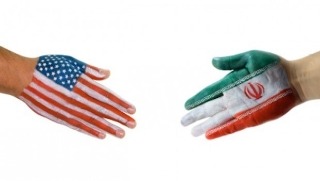“CACI Analyst, January 22, 2014”
U.S.-Iranian Rapprochement: Implications for Azerbaijan
By Farhad Aliyev (the 22/01/2014 issue of the CACI Analyst)
The Geneva interim agreement in November, 2013, between six world powers and Iran on its disputed nuclear program could mark the start of one of the most significant transformations in the Middle East over the last decades, with ramifications across Eurasia. Azerbaijan, as one of Iran's neighbors and sharing certain religious, ethnic, and cultural commonalities with Iran, should be considered among the countries most influenced by the success of negotiations with Iran, even in terms of Azerbaijan's domestic development.

“CACI Analyst, January 08, 2014”
Azerbaijan Arrests Election Monitor and Signs Shah Deniz Deal
By Mina Muradova (the 08/01/2014 issue of the CACI Analyst)
On December 16, Anar Mammadli, a well-known elections watcher in Azerbaijan, was detained on charges of illegal business activity and tax evasion. However, human rights defenders believe that the pre-trial detention of Mammadli is politically motivated as a result of his critical reports on the October Presidential Elections in Azerbaijan. Mammadli is Chairman of the Election Monitoring and Democracy Studies Center (EMDC), which documented widespread electoral violations during the October presidential poll. Immediately after Ilham Aliyev was controversially re-elected for a third term, the authorities launched an investigation of EMDC.


